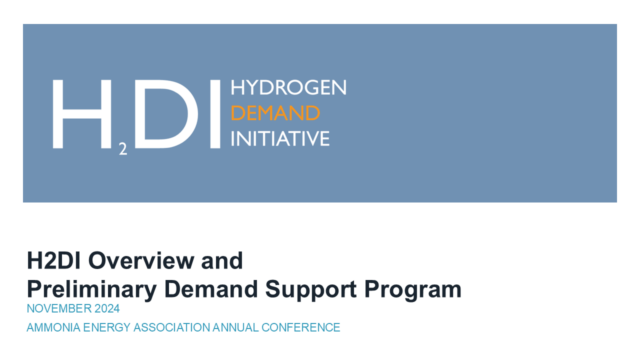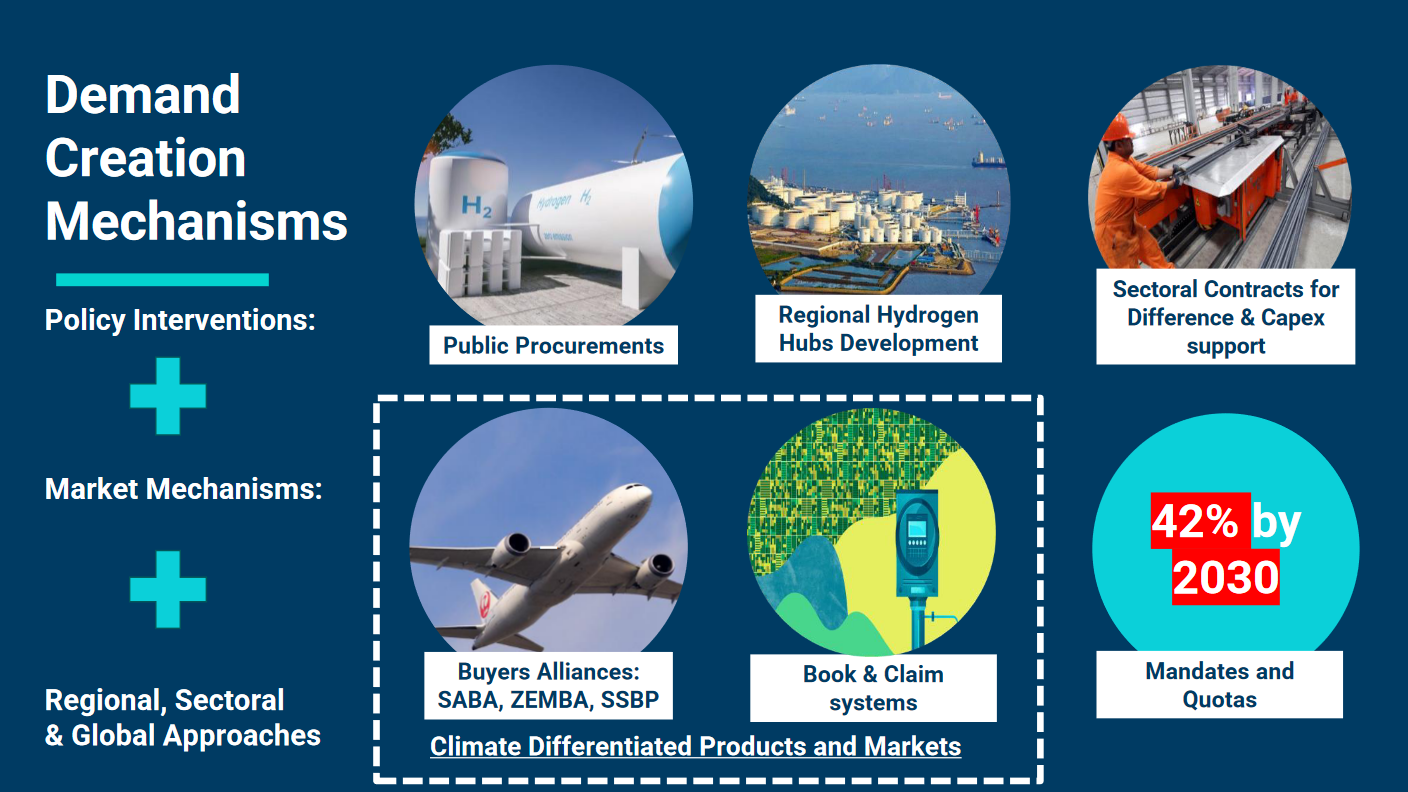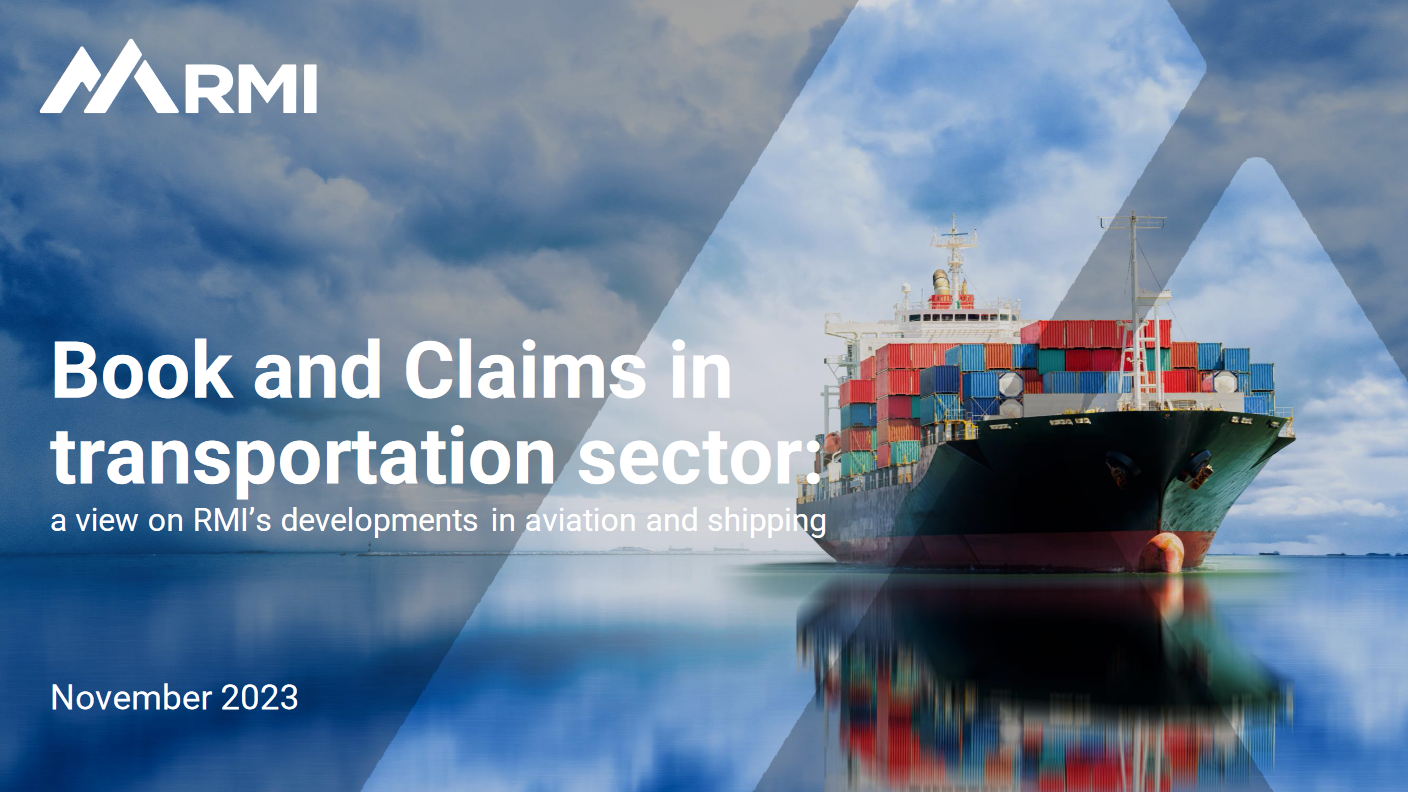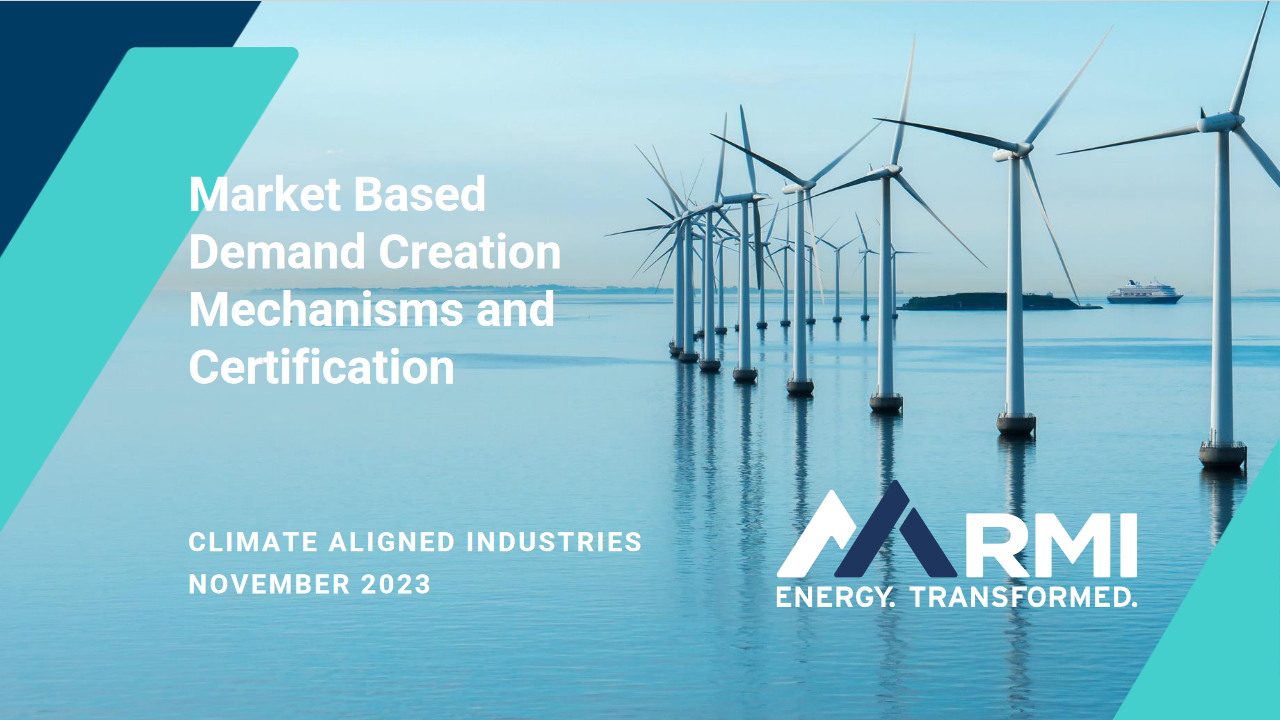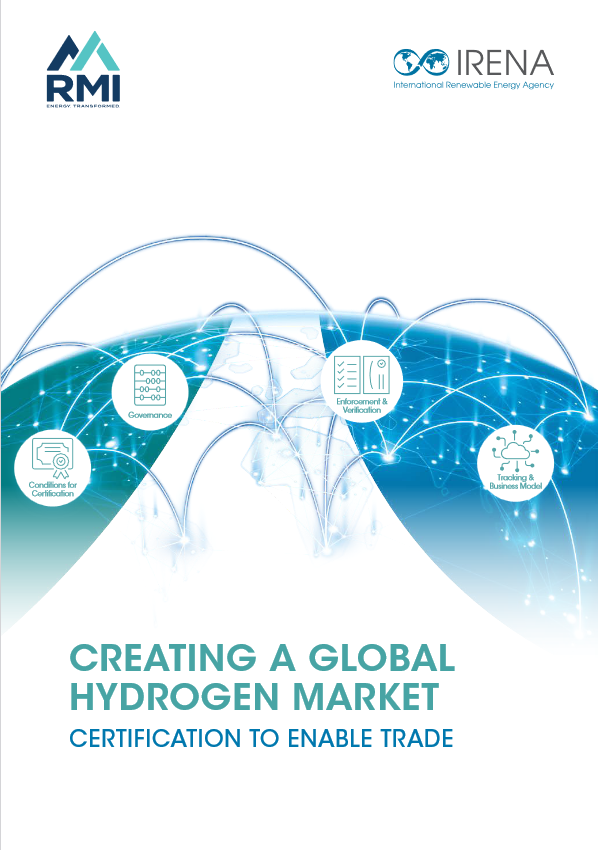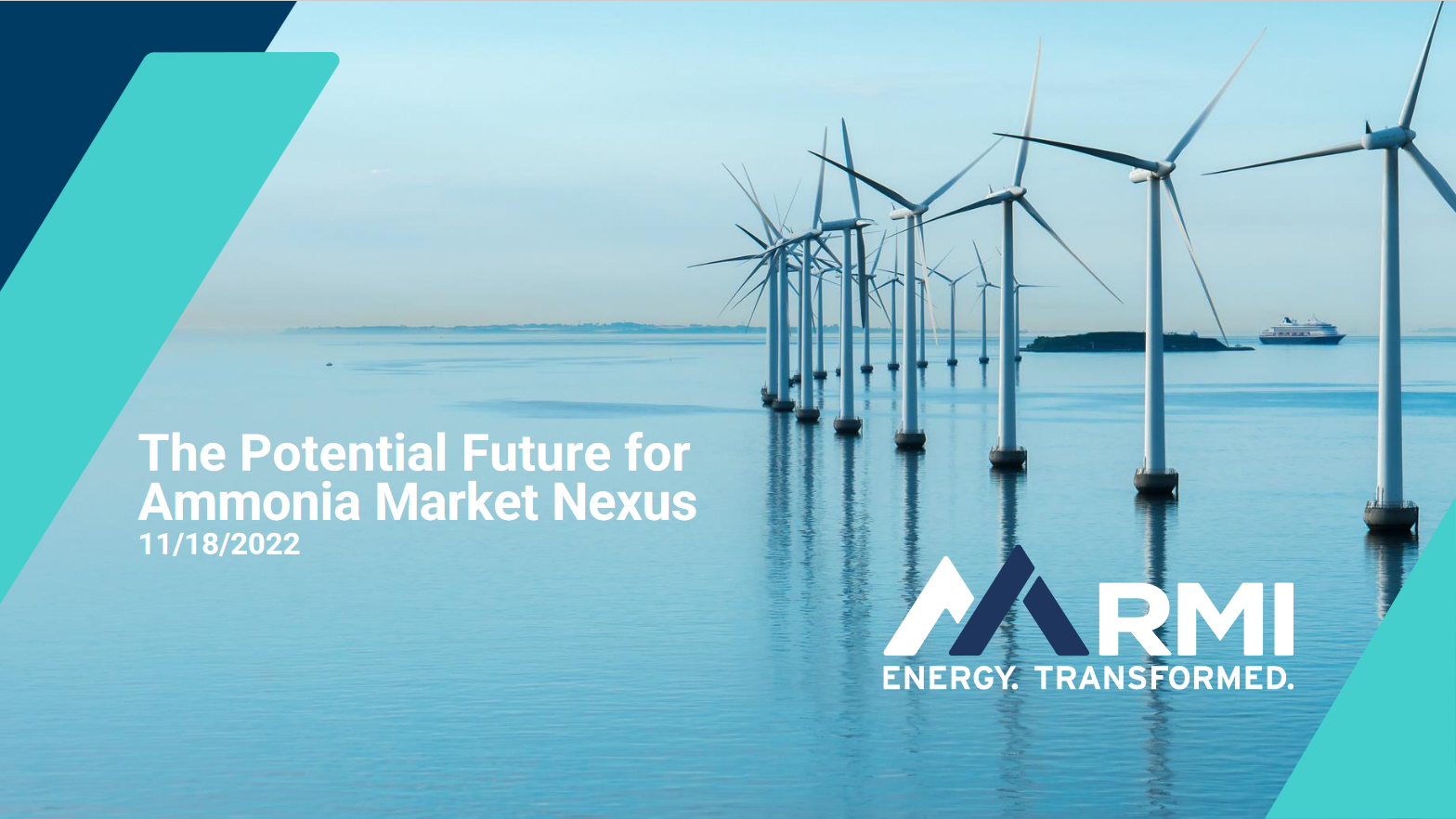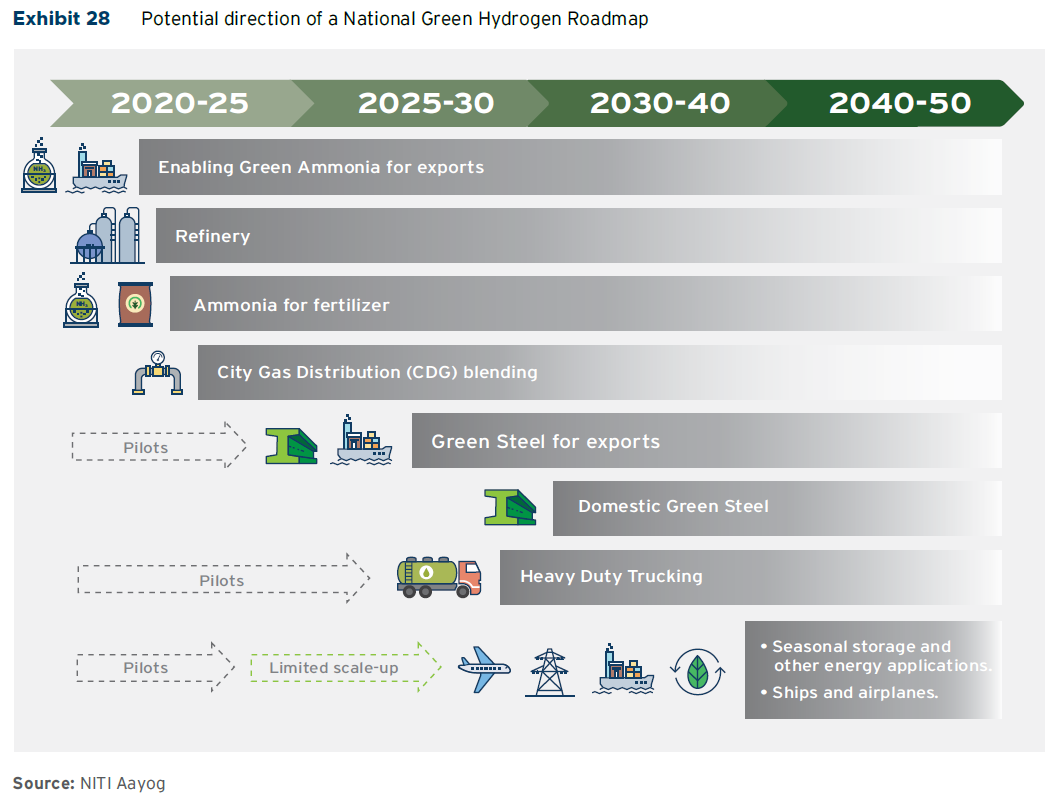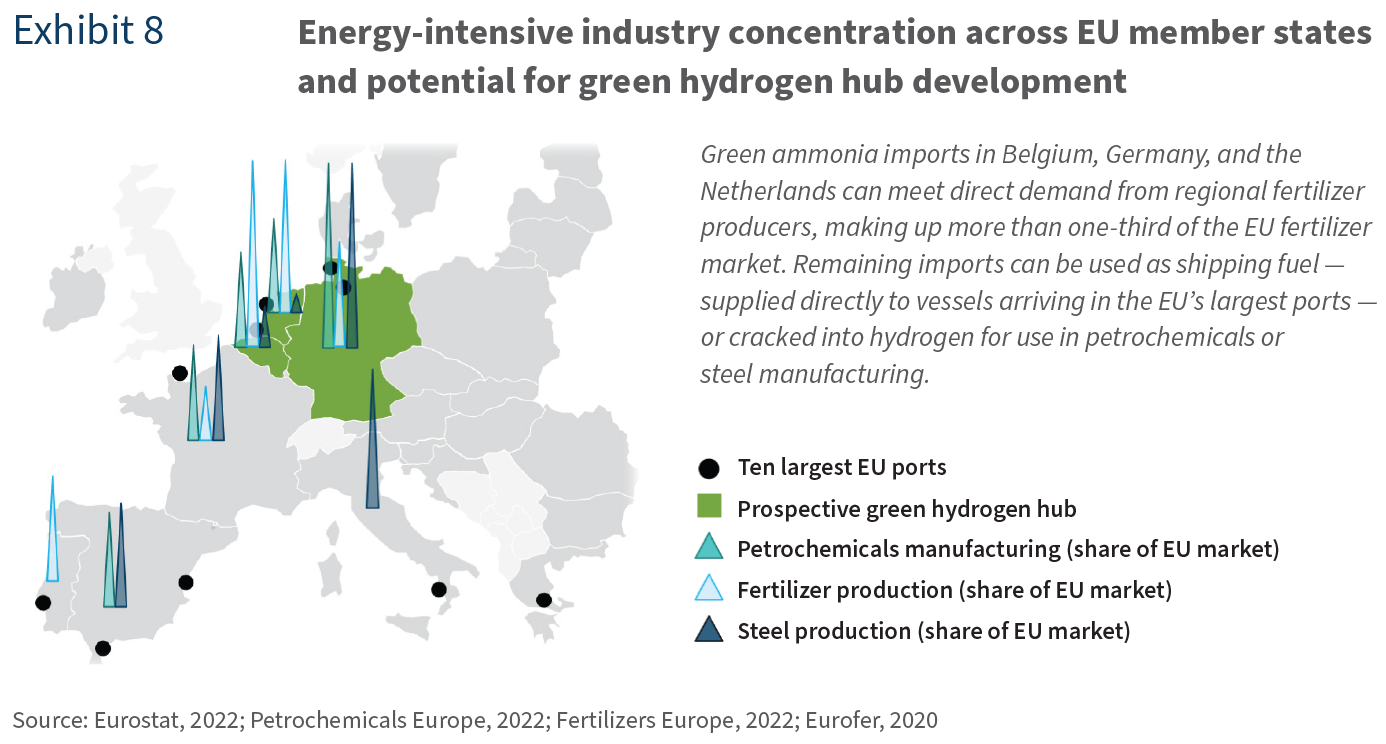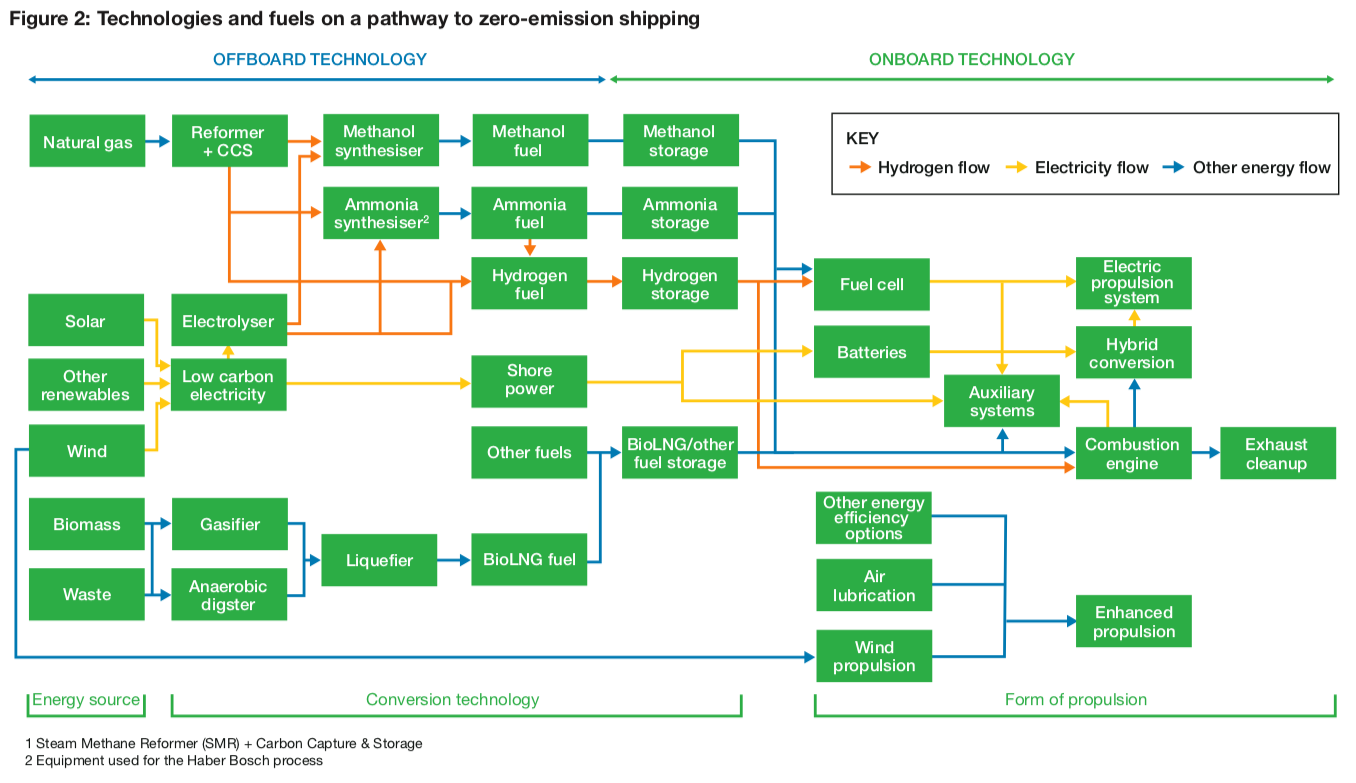Today, the LEAF Initiative launched publicly at COP30, with an Action Statement that the AEA supports, identifying three priorities for collective action.
Content Related to Rocky Mountain Institute
Article
Global alliance launches LEAF Initiative at COP30 to scale low-emission ammonia fertilizers
Trevor Brown November 12, 2025
Article
Impact of pre-certification on project finance
Geofrey Njovu November 26, 2023
In this session at our 2023 annual conference, panelists discussed how unified certification will help solve the chicken and egg relationship between offtake and project development. Moderated by Vibeke Rasmussen from Yara, the discussion featured Ed Davis from the Loan Program Office (US DoE), Tomoaki Ichida from Mitsui OSK Lines, Oleksiy Tatarenko from RMI and Dolf Gielen from the World Bank Group.
Long-term offtake will be made easier with unambiguous, harmonised certification standards, which will in turn have a positive impact on ammonia projects reaching financial close. Certification schemes like the one under-development by the AEA are sorely needed to break the impasse between project development and offtake.
Article
Current certification gaps hindering development of a global market: new IRENA report
Oscar Pearce April 05, 2023
IRENA and RMI’s new report Creating a global hydrogen market: Certification to enable trade concludes that there are significant gaps and conflicts in current certification schemes. Inconsistent labelling thresholds, accounting boundaries, and production pathways are the main areas of concern. The report offers several recommendations to support the harmonisation of certification frameworks, warning that schemes cannot continue to develop in a “patchwork” manner.
Article
Harnessing opportunities for deep decarbonisation in India: new report
Julian Atchison July 14, 2022
A new report from Indian government think-tank NITI Aayog and the Rocky Mountain Institute has outlined the enormous opportunity for India to produce renewable hydrogen & ammonia. Ammonia establishes itself early as a key part of this transition: both via the use of renewable hydrogen for fertiliser production, and as a near-term export vector. The report envisions 160 GW of installed electrolysers by 2030, of which nearly 100 GW could be dedicated to producing ammonia. This would make India one of the world’s largest producers of renewable ammonia for export by the end of the decade.
Article
Building ammonia supply chains into the Port of Rotterdam
Julian Atchison May 26, 2022
The state government of Queensland has signed a new agreement with the Port of Rotterdam to develop an ammonia export supply chain between Australia and the EU. The announcement comes the same week that the Port of Rotterdam authority set a target of supplying industrial centers in northwest Europe with 4.6 million tonnes of hydrogen by 2030 - the vast majority of which will need to be imported. As to the question of when those imports will begin, the Rocky Mountain Institute has released a new report indicating the EU should be ready to receive renewable hydrogen as soon as significant capacity comes online in 2024.
Article
United Nations Sparks Green Hydrogen Initiative
Stephen H. Crolius January 07, 2021
Last month UN Climate Change announced an initiative whose goal is to scale up green hydrogen production significantly over the next six years. “The new ‘Green Hydrogen Catapult’ initiative will see green hydrogen industry leaders, including ACWA Power, CWP Renewables, Envision, Iberdrola, Ørsted, Snam, and Yara, target the deployment of 25 gigawatts through 2026 of renewables-based hydrogen production, with a view to halve the current cost of hydrogen to below US$2 per kilogram.”
Article
Bunker Ammonia: Rapid Cross-Sector Progress from Industry, Government, Finance, and Class Societies
Trevor Brown August 09, 2019
The maritime industry has been engaged in a frenzy of research since April 2018, when the International Maritime Organization (IMO) announced its Initial GHG Strategy mandating a 50% reduction in shipping's emissions by 2050. Three recent announcements illustrate the speed and depth of progress across a range of maritime stakeholders. In the government sector, the UK has launched its Clean Maritime Plan, which identifies ammonia as one of its strategic "clean growth opportunities." In finance, a coalition of 11 banks representing a shipping portfolio of around $100 billion has launched the Poseidon Principles to "redefine the role of banks in the maritime shipping sector." And class society ABS launched its Global Sustainability Center in Singapore to analyse, certify, and validate alternative fuels and new technologies; its Director of Global Sustainability will speak at the inaugural conference of the Ammonia Energy Association--Australia, held in Clayton, VIC, on August 22-23. His subject will be "Green ammonia as marine bunker fuel."

